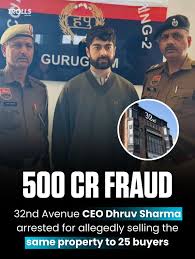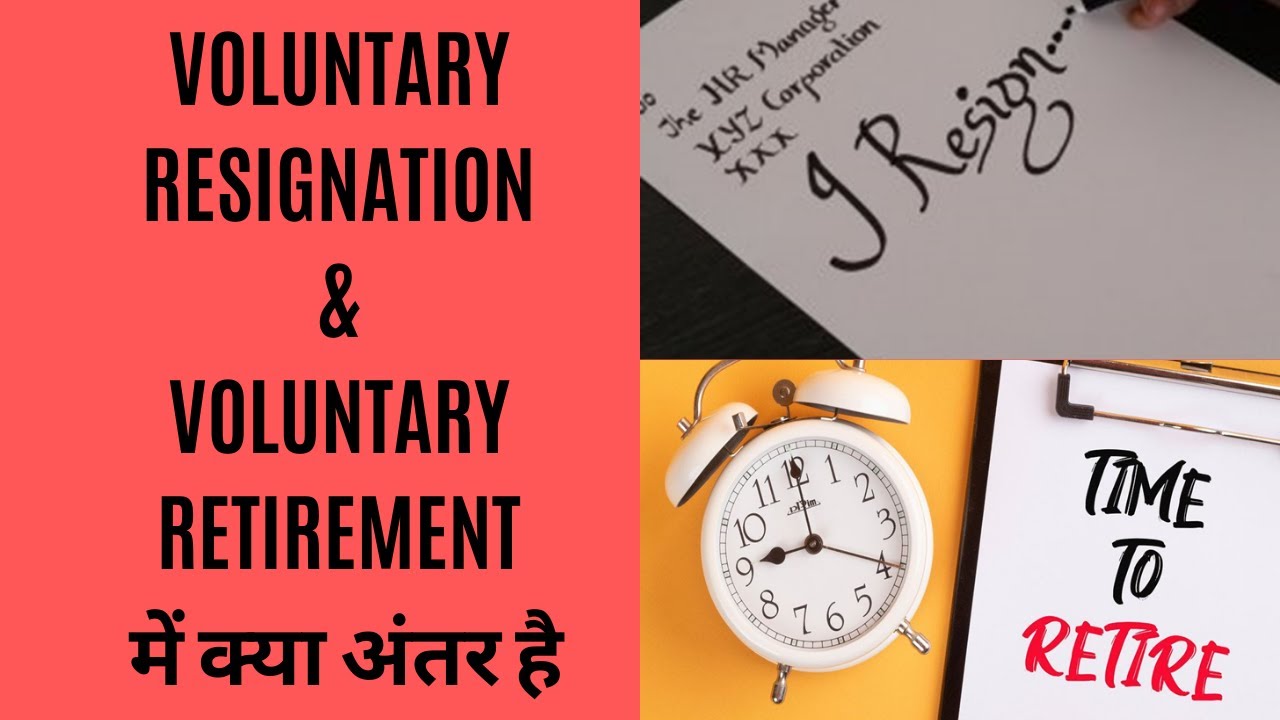Reid, J.@mdashOn June 19, 1946, the appellants were convicted and sentenced by the Chief Presidency Magistrate, Bombay. The charge against appellant No. 1 was that he, being a public servant, accepted a sum of Rs. 15,000 for forbearing to prosecute a metal merchant named Vakharia and thereby committed an offence punishable u/s 161 of the Indian Penal Code. Appellant No. 2 was charged with abetting that offence. An appeal by appellant No. 1 to the High Court at Bombay was dismissed on March 20, 1947. It appears from the judgment of Stone C.JK that there were two grounds of appeal: first, that the whole proceedings were invalid because" no sanction had been given u/s 197 of the Criminal Procedure Code, and, secondly, an appeal on the facts. Appellant No. 2 did not appeal to the High Court, but notice of enhancement of sentence was given to him and his sentence was increased on March 20, 1947.
2. On April 21, 1947, a petition for special leave to appeal was lodged by appellant No. 1. In this petition no reference was made to anything which had occurred before March 15, 1944, when the charge against the appellant was framed by the Chief Presidency Magistrate : it was narrated that the two main grounds of appeal to the High Court had been the invalidity of the whole proceedings because no sanction to the prosecution had been given and that on the merits of the case the appellant had been wrongly convicted. It was then stated-
The grounds upon which your petitioner seeks leave to appeal are :
(i) that the Chief Justice and Mr. Justice Lokur erred in holding that sanction was not required to empower the Court to take cognizance of the charge against your petitioner, that the Court which tried him was in these circumstances without jurisdiction and that his conviction is therefore a nullity and
(ii) that there is a conflict of judicial opinion in India as to the true construction of Section 197, in particular as to whether sanction is required where a charge of taking a gratification is brought against a public servant and that it is fitting that this conflict should he settled by the judgment of the Judicial Committee.
3. On this petition leave to appeal was granted by Order in Council of May 21, 1947. On May 27, 1947, a petition for special leave to appeal was lodged by appellant No. 2. The grounds of appeal stated in this petition were :
that your petitioner submits that the trial of the said Lambhardar Zutshi without previous sanction of the Governor General in Council u/s 197 of the Criminal Procedure Code was without jurisdiction, that therefore the trial of your petitioner jointly with him for abetment of the offence alleged to have been committed by the said Zutshi was also illegal: and that the conviction and sentence passed upon your petitioner should be set aside.
4. On this petition leave to appeal was granted by Order in Council of June, 11, 1947.
5. When leave to appeal was granted to the appellants it was still an open question whether sanction u/s 197 of the Criminal Procedure Code was necessary before a public servant could be prosecuted for an offence u/s 161 of the Indian Penal Code. It has now been settled by their Lordships'' judgment in Gill v. The King (1948) L.R. 75 IndAp 41 : 50 Bom. L.R. 487 that sanction is not necessary and accordingly the appellants cannot succeed on the grounds of appeal set out in their petitions for leave to appeal. Their counsel argued this appeal on an entirely different ground which is not even referred to in the judgments of the High Court, although a preliminary objection raising a somewhat similar point was taken unsuccessfully before the Chief Presidency Magistrate. Their Lordships would only be prepared to allow such an argument in an exceptional case. In the present case it was argued that the new ground of appeal raised a question of jurisdiction, and their Lordships permitted the argument to proceed. The argument was that the trial and conviction of the appellants were void because the police investigation which led up to the trial was conducted illegally. This was a non-cognizable case and Section 58(2) of the Bombay City Police Act, 1902, provides that no police-officer shall investigate a non-cognizable case without the order of a Presidency Magistrate. There was an order by the Chief Presidency Magistrate in this case, but it was submitted that this order was invalid because the Magistrate was bound before making such an order to comply with the requirements of Section 202(1) of the Criminal Procedure Code and he had not done so.
6. In their Lordships'' judgment this new ground of appeal does not involve any question of jurisdiction. If the argument for the appellants were well founded, it would establish that the proper procedure had not been followed before the making of the order of March 8, 1943, which authorised the police to investigate the alleged offence. Such a fault in procedure might have important consequences but it could not in their Lordships'' judgment deprive the Chief Presidency Magistrate of his jurisdiction to try the appellants.
7. Their Lordships do not propose to consider whether there was any fault in procedure in this case, because it would be entirely contrary to the settled practice of the Board to entertain a question of this character when that question was not argued in the High Court and is not referred to in the appellants'' petitions for special leave to appeal.
8. Their Lordships will, therefore humbly advise His Majesty that this appeal should be dismissed.

